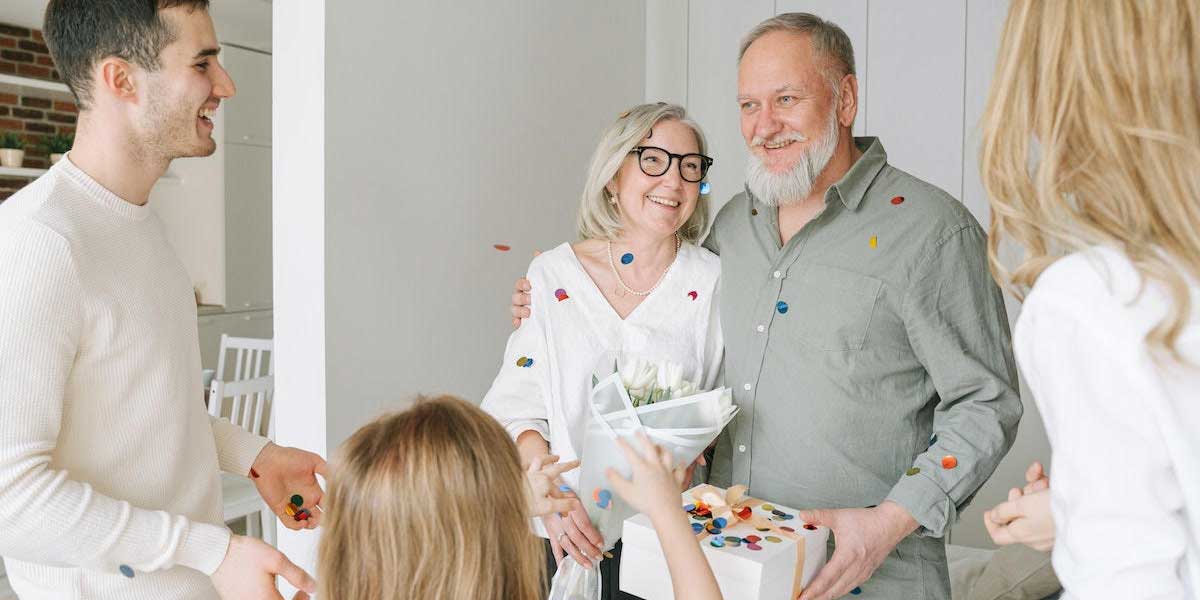When someone in the home has an addiction, it affects the entire family unit. There is just no way that a person can continue taking drugs and harming themselves without it having an impact on the rest of the family.
Over time, household members begin to suffer themselves and adopt new roles in order to cope. Unfortunately, these roles are dysfunctional and end up hurting the person with the addiction as well the individual themselves.
Let’s learn more about the different family roles in addiction and the importance of family therapy as part of the healing process.
Dysfunctional Family Roles in Households with Addiction
Whether it’s one person or more struggling with an active addiction, the remaining family members may start to cope in unhealthy ways. One of them is by adapting to certain roles. Let’s explore what these are.
The Hero
The hero or savior is the person who always comes to the rescue. They are the rockstar of the family, always looking good and doing what they’re supposed to, at least on the outside. The purpose of this role is to compensate for the suffering the family is going through and cover up for the substance user’s behavior. Oftentimes, this type of role is adopted by an older sibling or parent who is in denial.
The Scapegoat
The scapegoat is the person in the family who is blamed when things go wrong. It is often played by a middle child or second oldest family member. In some cases, the scapegoat feels that it’s their purpose to provide an outlet for blame. However, taking on this blame gets tiresome, and it can cause the scapegoat to disconnect from their family.
The Mascot
Someone who uses humor and charm to distract the family unit from the addiction is referred to as the mascot. The mascot is typically the youngest in the family and uses humor to minimize pain and make things seem less serious than they are. Not only can this hurt the mascot in the present, but also it can turn into a maladaptive coping skill later on.
The Lost Child
A middle or youngest child can also take on the role of the lost child, which is a role that is exactly as it sounds. They get ‘lost’ in the family and don’t receive much support or attention. Typically, these children bury their emotions, as they don’t want to rock the boat or cause tension in the family. But, they are likely to grow up to suffer deeply on the inside.
The Rescuer
The rescuer is the enabler of the family. They excuse the behaviors of the addict and never let them feel the consequences of their addiction. Enabling often goes hand in hand with codependency – an unbalanced relationship where one person enables another person’s self-destructive behaviors.
As you can see, there are many roles that family members take on when a loved one is dealing with addiction. This is why family members need help and support, too. Support groups like Al-Anon and Nar-Anon can be valuable resources, as is family therapy.
Why Family Therapy is Important to Healing
Family therapy works with the whole family to improve health, functioning and well-being. It’s designed to improve communication, eliminate shame and embarrassment and build stronger connections through support groups, family outings, parenting classes, play therapy and more.
Most treatment centers offer some type of family therapy as part of their services. Pura Vida Recovery provides family support groups for close friends and family. Some of the issues we explore include:
- Codependency
- Enabling behaviors
- Self care
- Building connections
- Setting and enforcing boundaries
- Ways to support the addict
Aside from sharing experiences in a safe, non-judgmental setting, families are also provided with local resources, educational materials and reading materials. We feel that informed families are better able to cope and develop realistic expectations for their loved ones.
Addiction is a Family Disease. Seek Help Today.
It’s important to recognize that family plays a crucial role when healing from health problems, including addiction. Not only does family therapy support the addict and the rest of the family members, but also it can prevent the cycle of addiction from continuing.
When family members learn about addiction as a disease, how it starts and what effects it can have, they are less likely to turn to substances in the future. Through family therapy sessions, they can also develop healthier coping skills that will prevent them from turning to drugs or alcohol.
To learn more about the family support services available at Pura Vida Recovery, contact our treatment center today. We always make families feel welcome and included in this experience, as they are keys to their loved one’s recovery.





